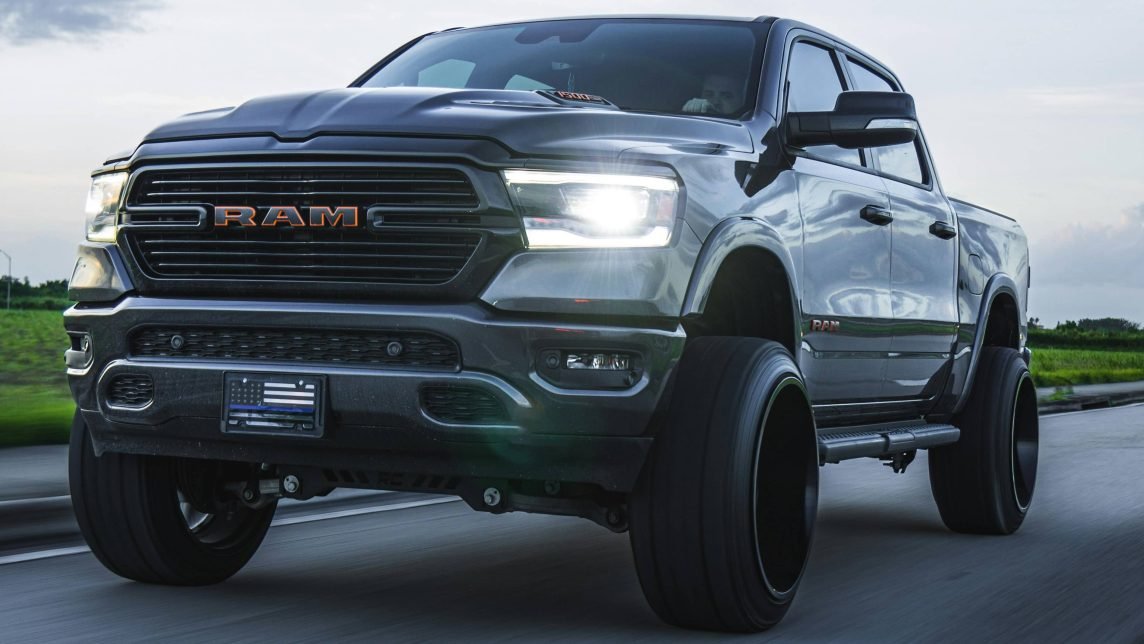How Do Electric Trucks Compare to Diesel Trucks in Terms of Performance and Cost?
The trucking industry is experiencing a significant shift with the emergence of electric trucks as a viable alternative to traditional diesel trucks. As businesses and policymakers focus on sustainability and reducing carbon emissions, understanding the performance and cost differences between electric and diesel trucks is crucial. This comprehensive guide explores how electric trucks compare to diesel trucks in terms of performance, cost, and overall value, providing insights for businesses considering this transition.
Performance Comparison: Electric vs. Diesel Truck
Power and Torque
🔋Electric trucks deliver instant torque, providing strong acceleration and better performance in stop-and-go traffic.
🔋Electric motors offer consistent power output, enhancing drivability, especially in urban environments.
⛽️ Diesel engines have higher torque at lower RPMs, which is beneficial for heavy hauling and long-distance travel.
⛽️ Modern diesel engines are highly efficient and powerful, making them suitable for a wide range of applications.
Range and Refueling
🔋Current electric trucks have a limited range compared to diesel trucks, typically between 150 to 300 miles on a single charge.
🔋Charging infrastructure is growing but remains less widespread than diesel refueling stations, potentially limiting long-haul applications.
⛽️ Diesel trucks have a significantly longer range, often exceeding 1,000 miles on a single tank.
⛽️ Refueling is quick and easy, with extensive infrastructure available across Canada.
Maintenance and Reliability
🔋Electric trucks have fewer moving parts, leading to lower maintenance requirements and costs.
🔋Reduced wear and tear on components like brakes (thanks to regenerative braking) enhances longevity.
⛽️ Diesel engines require regular maintenance, including oil changes, filter replacements, and emissions system upkeep.
⛽️ Modern diesel trucks are reliable but involve more complex systems that can incur higher maintenance costs.
Environmental Impact
🔋 Zero tailpipe emissions make electric trucks environmentally friendly, reducing greenhouse gas emissions and air pollution.
🔋Electricity can be sourced from renewable energy, further enhancing sustainability.
⛽️ Diesel trucks emit pollutants such as nitrogen oxides (NOx) and particulate matter, contributing to air pollution and climate change.
⛽️ Advancements in emissions control technology have reduced diesel truck emissions, but they remain less environmentally friendly than electric trucks.
Cost Comparison: Electric vs. Diesel Trucks
Purchase Price
🔋Higher upfront cost due to expensive battery technology and limited production scale.
🔋 Government incentives and subsidies can offset initial purchase costs, promoting adoption.
⛽️ Lower upfront cost compared to electric trucks.
⛽️ Established market with a wide range of models and pricing options.
Fuel and Energy Costs
🔋 Lower operating costs due to cheaper electricity compared to diesel fuel.
🔋 Potential for further savings with off-peak electricity rates and renewable energy sources.
⛽️ Higher fuel costs, with prices subject to market fluctuations.
⛽️ Fuel efficiency improvements have mitigated costs but remain higher than electricity.
Maintenance and Operating Costs
🔋 Lower maintenance costs due to fewer mechanical components and reduced wear and tear.
🔋 Savings on oil changes, filter replacements, and emissions system maintenance.
⛽️ Higher maintenance costs due to the complexity of diesel engines and emissions systems.
⛽️ Regular servicing and parts replacement contribute to ongoing expenses.
Total Cost of Ownership (TCO)
🔋 Despite higher upfront costs, lower operating and maintenance costs can result in a lower TCO over the truck’s lifespan.
🔋 Incentives and lower fuel costs can significantly impact long-term savings.
⛽️ Lower initial investment but higher ongoing fuel and maintenance expenses.
⛽️ Total cost of ownership may be higher compared to electric trucks, depending on usage and maintenance needs.
Interesting Insights and Future Trends
Battery Technology Advancements
Ongoing advancements in battery technology are expected to improve the range, performance, and cost of electric trucks. Solid-state batteries and improved energy densities will make electric trucks more competitive with diesel trucks.
Infrastructure Development
Investment in charging infrastructure is crucial for the widespread adoption of electric trucks. Government initiatives and private sector investments are rapidly expanding the availability of charging stations, making electric trucks more viable for long-haul applications.
Regulatory Support and Incentives
Governments are increasingly supporting the transition to electric vehicles through incentives, grants, and regulations aimed at reducing emissions. These policies can significantly impact the cost and attractiveness of electric trucks.
Conclusion
The comparison between electric and diesel trucks in terms of performance and cost reveals distinct advantages and challenges for each. Electric trucks offer significant environmental benefits, lower operating costs, and reduced maintenance needs, while diesel trucks provide longer ranges, established infrastructure, and robust performance for heavy hauling. As battery technology advances and charging infrastructure expands, electric trucks will become increasingly competitive. Businesses must carefully evaluate their specific needs, usage patterns, and long-term goals to make informed decisions about integrating electric trucks into their fleets.

